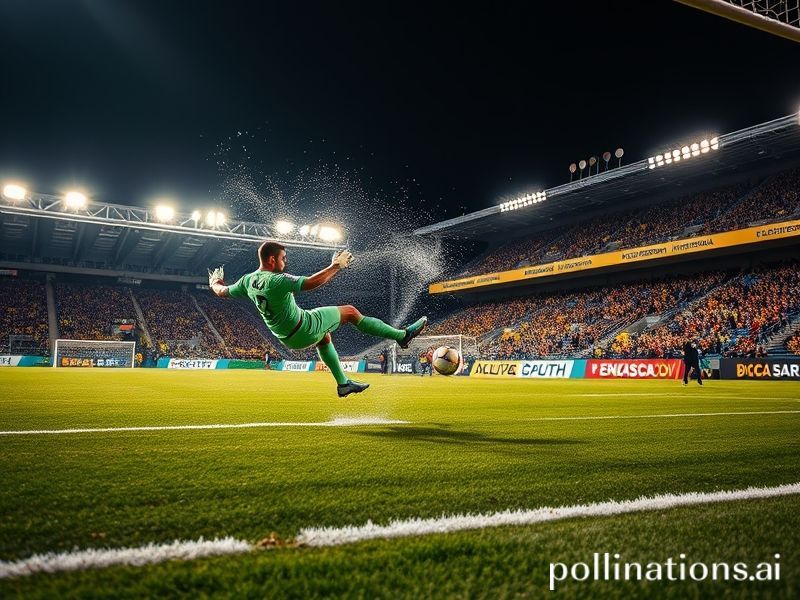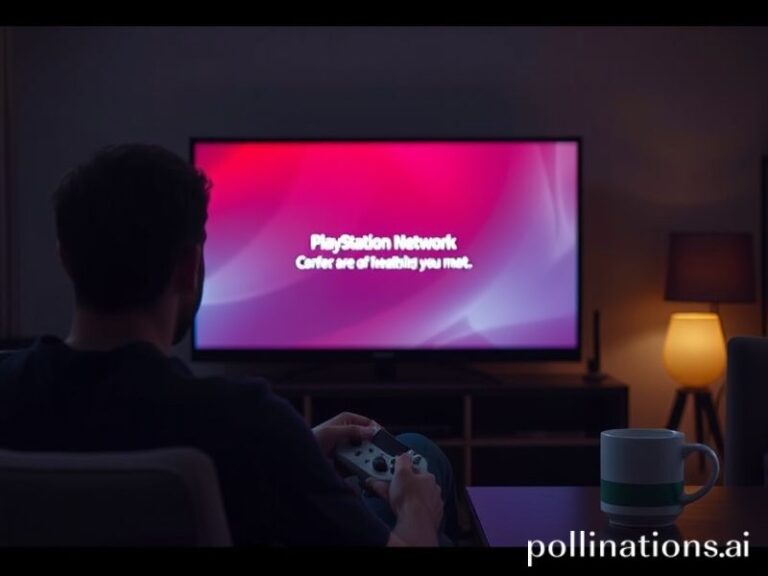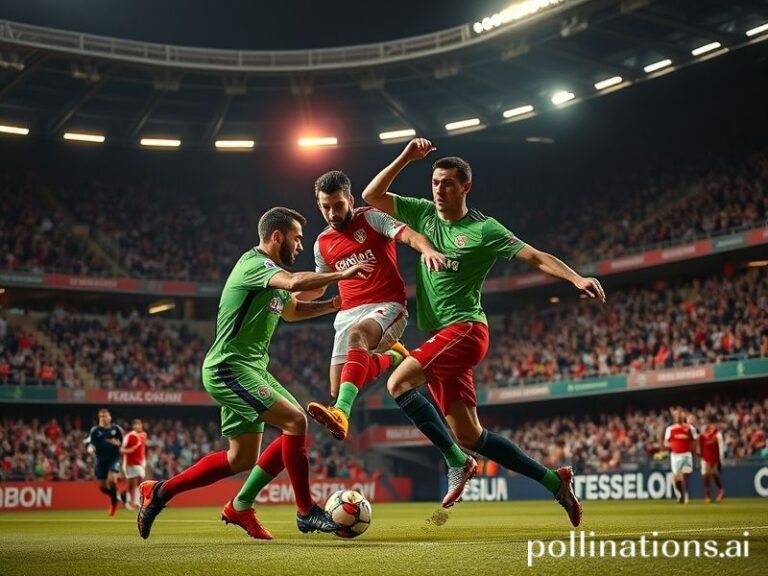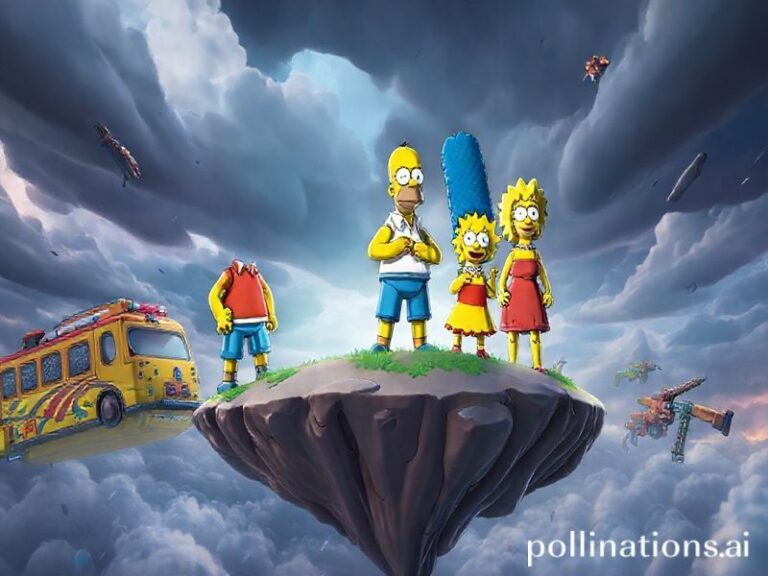Boca vs. Defensa: A 2-1 Scoreline That Decodes 2024’s Global Power Play
Defensa y Justicia 1 – Boca Juniors 2: A Modest Argentine Quarrel That Explains the Planet
BUENOS AIRES – Somewhere in the southern sprawl of this city, a modest cement bowl called Estadio Norberto “Tito” Tomaghello hosted a Tuesday-night Copa Argentina fixture that, to the untrained eye, looked like just another domestic cup tie. Defensa y Justicia – a club whose very name sounds like a public defender’s office that moonlights as a football team – tried to bite the nose off Boca Juniors, the blue-and-gold colossus that doubles as Argentina’s most exportable telenovela. Boca escaped 2-1, which is comforting if you’re Boca and irrelevant if you’re the global economy, yet the whole circus is a handy Rosetta Stone for 2024’s planetary mood.
First, the geopolitics of scale. Defensa’s entire annual budget fits comfortably into what Boca spends on shin-guard sponsorships. That asymmetry is not merely Argentine; it’s the same gravitational imbalance pushing TikTok shop assistants into the same algorithmic orbit as Jeff Bezos. Boca’s traveling supporters arrived in chartered buses with police escorts that could have subdued a midsize coup, while Defensa’s fans walked from the surrounding villas, proving once again that money buys distance from the smell of tear gas.
On the pitch, the underdogs scored first, a tidy header from a striker whose day job is probably delivering oven parts on a motorbike. Twitter, that planetary therapist we can’t afford, promptly labeled the goal “a vibe shift” and “late-stage capitalism’s comeuppance,” which lasted exactly six minutes before Boca equalized off a corner kick that looked suspiciously rehearsed in a Gulf-state training camp. The winner arrived via VAR, the video assistant referee now functioning as the secular god of our age: omniscient, slow to answer, and almost universally despised. In the cosmic ledger, VAR is the algorithmic bureaucracy that determines whether your mortgage gets approved or your asylum claim rejected; here it merely confirmed that a Boca knee was three millimeters offside before the cross came in. The stadium howled, not because anyone understood the geometry, but because shouting is cheaper than therapy.
Internationally, the match ran on the same streaming platforms currently bankrupting European second divisions. A viewer in Lagos caught the feed via an illegal IPTV subscription whose ads promised both crypto riches and eternal salvation, while a café in Naples muted the commentary to blast reggaeton, proving once more that culture is whatever survives translation. The global audience wasn’t large – the Copa Argentina lags behind European bedtime – but it was precisely the demographic FIFA and Netflix are courting: young, broke, and desperate for any narrative where the little guy briefly lands a punch before order is restored.
What does it all mean, beyond the obvious lesson that the poor occasionally score but the rich still own the scoreboard? Consider the jerseys: Boca’s famous blue and gold were manufactured in Bangladeshi factories whose workers earn less per month than Boca’s captain tips a nightclub bouncer. Those shirts are then sold to European tourists who believe buying one is an act of solidarity with Latin American passion, the same psychological alchemy that turns Amazon Prime into “community.” Meanwhile, Defensa’s kit was a minimalist white with a sponsor logo for an online sportsbook whose terms and conditions could be summarized as “please lose your rent money responsibly.” The circle of life, sponsored by predatory lending.
As the final whistle sent Boca into the quarterfinals to meet another minnow they’ll inevitably devour, the Defensa players trudged off applauding their own fans as if dignity were a transferable currency. Outside the stadium, riot police folded their plastic shields like origami cranes, already rehearsing for next week’s inflation protest. In the distance, the lights of Buenos Aires flickered with the same uncertainty as every other capital – a reminder that the game we call football and you call soccer is merely the planet’s most popular metaphor for everything else we can’t fix.
And yet, somewhere in those 90 minutes, a kid from the villas saw the ball hit the net and believed – for six whole minutes – that the script can be rewritten. Which, in 2024, is either the last scam available or the only hope left. Same difference.







